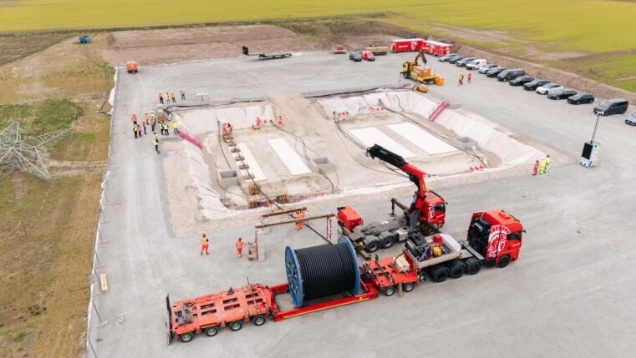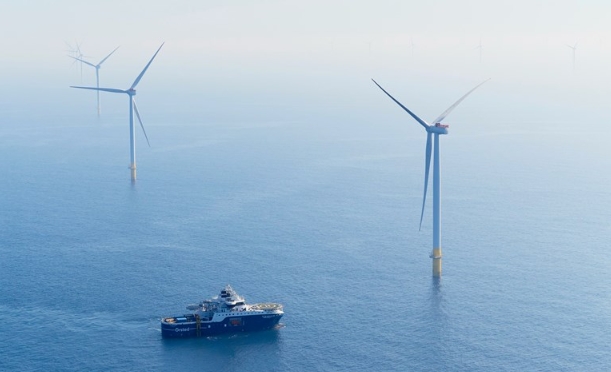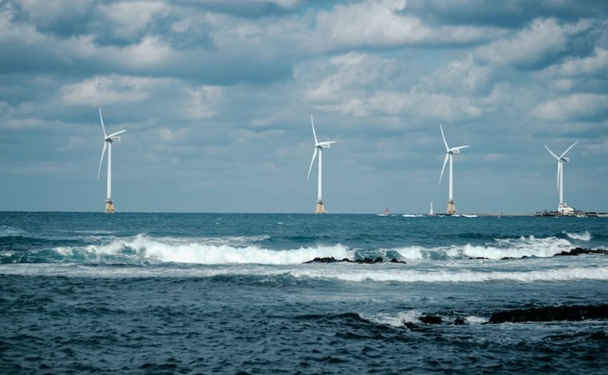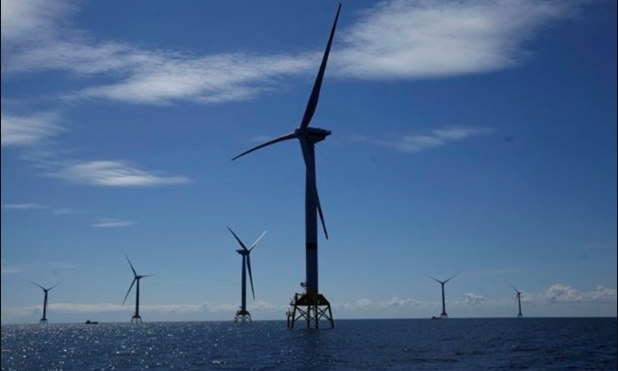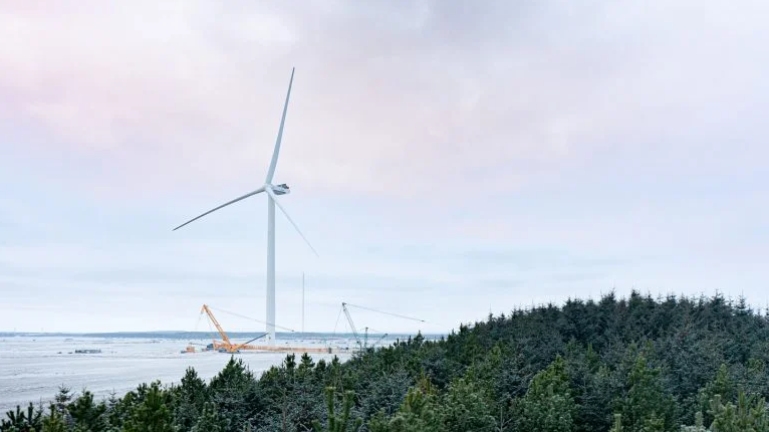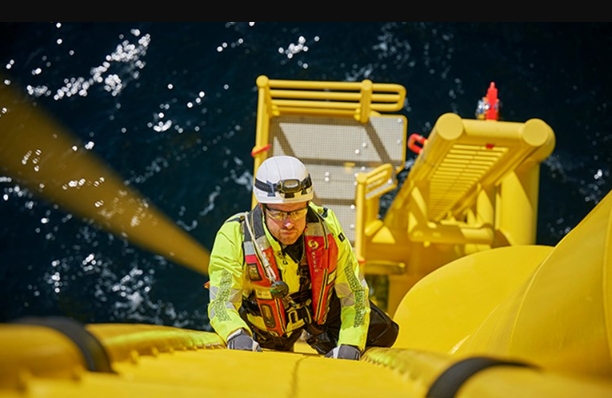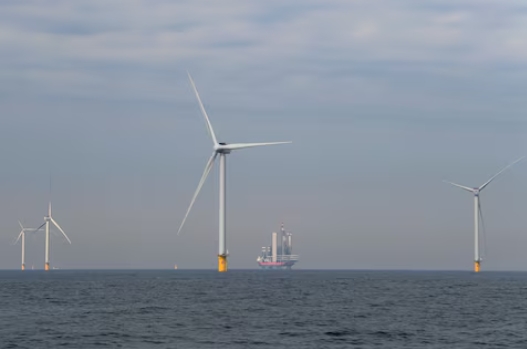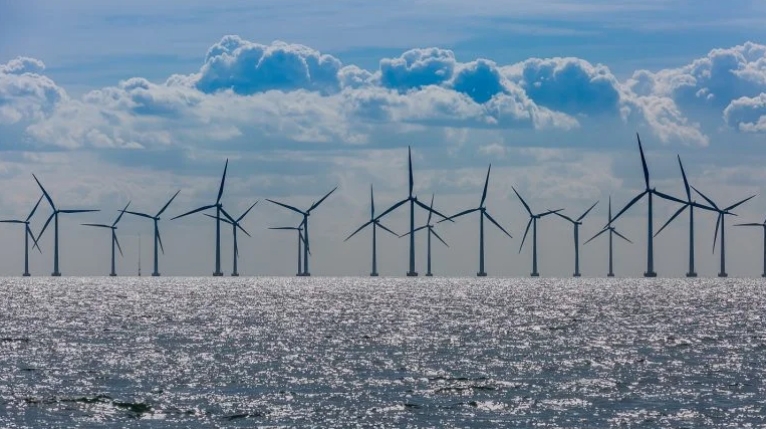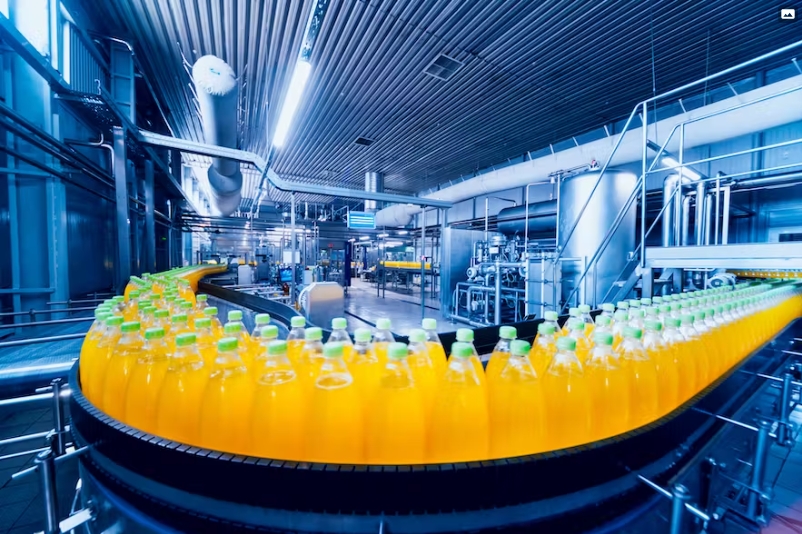
A food manufacturing site in Derby, United Kingdom is focusing on drastically reducing on-site carbon emissions via power from wind and solar power as well as installment of next-gen district heating and cooling technologies.
The SmartParc SEGRO facility will utilize a variety of energy efficiency and clean energy tools for the approximately 2-million-square-foot food manufacturing operation. Veolia is working with SmartParc and designing the pipe network and will operate the entire heating, cooling and high voltage distribution network across the 155-acre site.
The combined work of the renewable and energy efficiency projects will help SmartParc eliminate close to 30,000 metric tons of carbon emissions annually compared to food manufacturing sites with similar footprints, according to the company release by Veolia.
"Reducing the carbon footprint of food production is important as we advance to net zero,” John Abraham, chief operating officer for Veolia UK & Ireland—Industrial, Water and Energy, said in a statement. “By collaborating with food manufacturers, we can identify and implement new innovative solutions that support essential food production and deliver major cuts in greenhouse gas emissions.”
In addition to utilizing solar, wind and energy balancing technology, SmartParc aims to achieve additional energy efficiencies through its 9.8-kilometer district cooling infrastructure, designed to achieve 11 MW in cold glycol cooling duty and using waste heat from the refrigeration plant to provide up to 10 MW in hot water capacity across the food manufacturing park.
“We are excited to deliver this pioneering energy solution at SmartParc SEGRO Derby, the first of its kind in the food industry,” Phil Lovell, COO-Europe for SmartParc, said. “The heating and cooling network is a critical part of SmartParc’s sustainable, collaborative model for food production. The pipe network and energy center we have completed will benefit all tenants at the park, ensuring significant carbon reductions and cost savings.”
SmartParc and SEGRO announced the partnership to build on the brownfield site in 2021. The development of energy sharing infrastructure to utilize nearby solar and wind will aid in driving down carbon emissions across the food manufacturing park design to include companies of various sizes, according to the release.
The UK government is striving to reduce carbon emissions in its industrial sector at least two-thirds by 2035 and 90% by 2050. The decarbonization goals include some 20 TWh of energy switching to low carbon fuels this decade and about 3 million metric tons of carbon dioxide removed via capture, utilization and storage.
